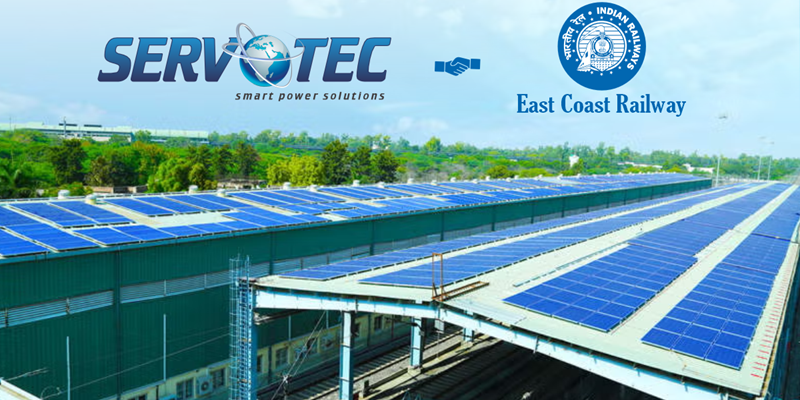Schedule a Call Back
BonV Aero reshapes high-altitude logistics
 Articles
Articles- Dec 16,24
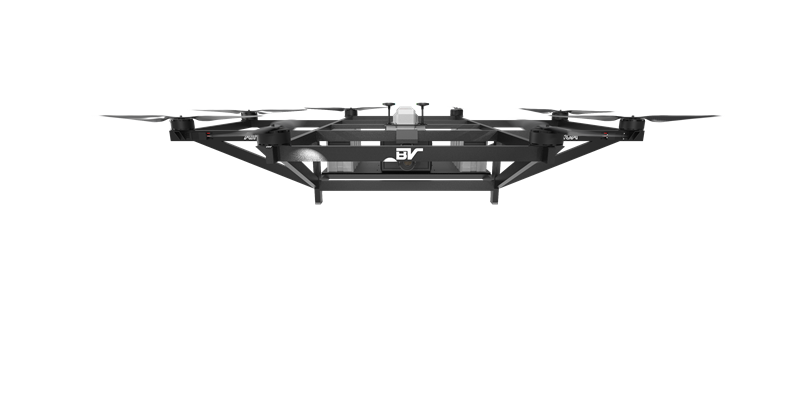
Related Stories
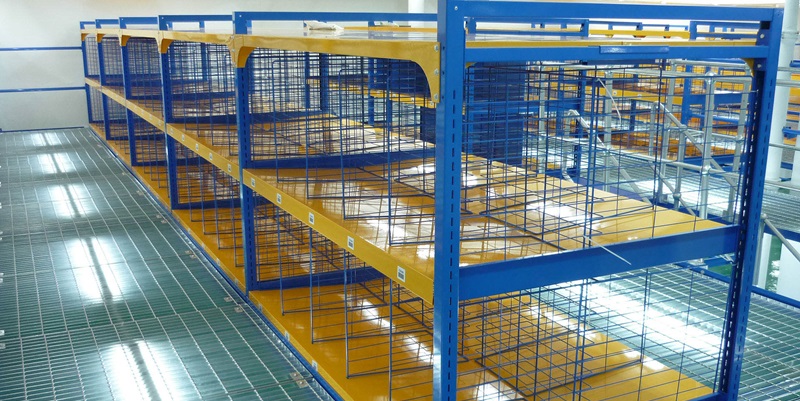
Crown Worldwide Group launches custom bonded warehousing service in India
This initiative aims to streamline import-export operations, ensure superior logistics services, and provide global businesses greater agility in managing their supply chains.
Read more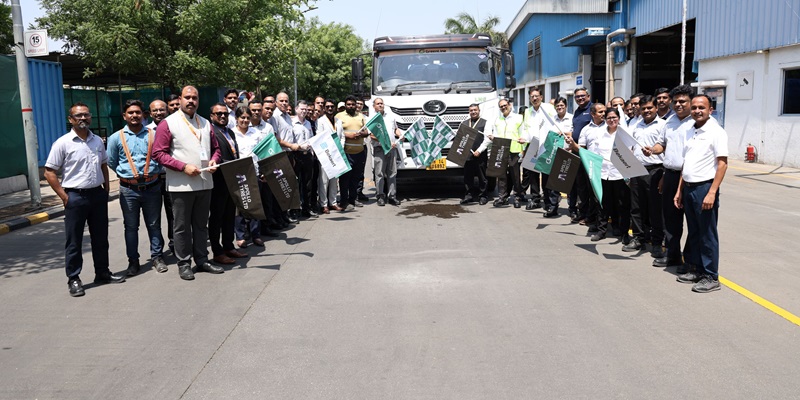
GreenLine flags off LNG truck fleet for Bekaert to drive sustainable logistics
Each GreenLine LNG truck is expected to reduce up to 24 tonnes of CO? emissions annually, contributing to Bekaert’s ambition of becoming carbon net-zero by 2050 and achieving 65% of sales from sus..
Read more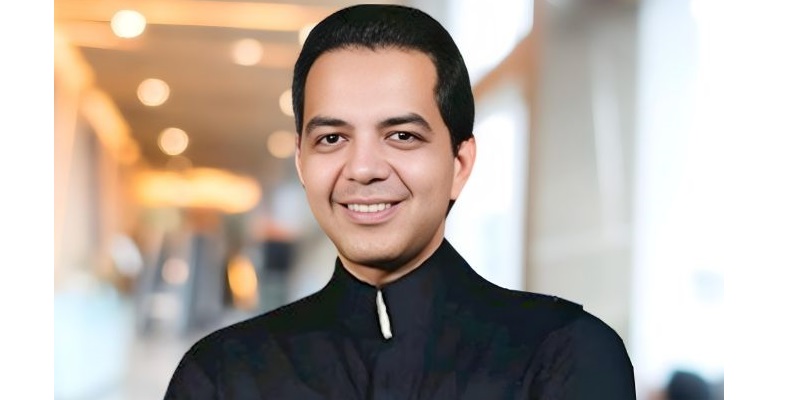
Kaushalya Logistics grows depot network from 70 to 100+ in 4 months
Kaushalya managed 300,000 tonne of cement in March 2025.
Read moreRelated Products
Troop Comforts revolutionises military gear with indigenous innovations
Troop Comforts Ltd (TCL), a state-owned defence corporation, has recently received a request for proposal (RFP) from the Northern Command of the Indian Army for its indigenously developed military gea Read more





